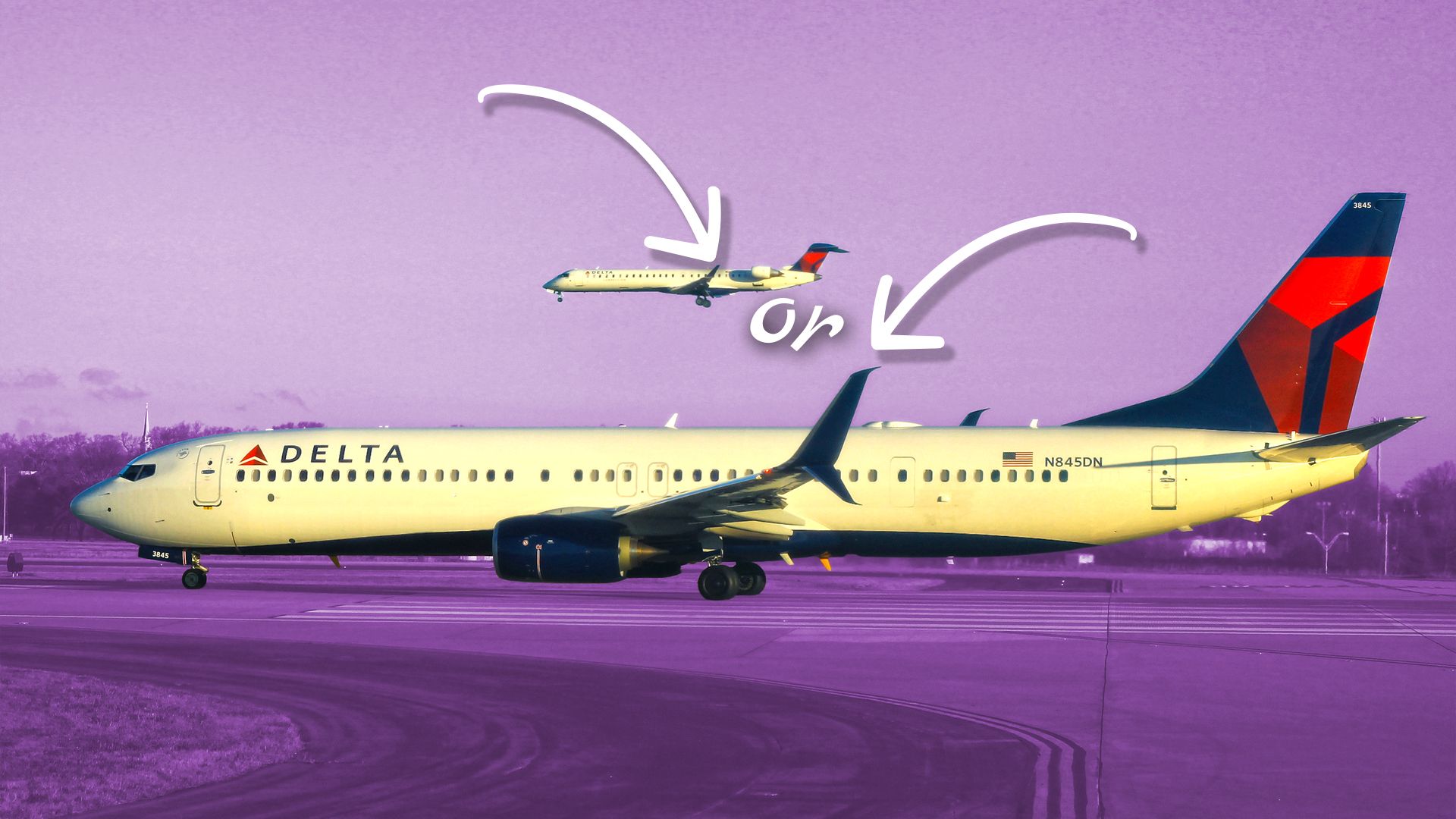Delta Air Lines, one of the largest airlines globally, has announced a significant upgrade to its fleet by incorporating Split Scimitar Winglets on its Boeing 737-800 and 737-900ER aircraft. This decision marks a shift from the widely used Blended Winglets and is part of a continued investment in the airline’s operational efficiency and sustainability goals. The upgrade, executed in collaboration with **Aviation Partners Boeing** (APB), is anticipated to enhance fuel efficiency and reduce overall aviation jet fuel consumption.
The Atlanta-based airline already operates one of the most extensive fleets worldwide, with a comprehensive network of domestic and international flights. By adopting the Split Scimitar Winglets, Delta aims to further improve its operational capabilities, aligning with its commitment to achieving net-zero carbon emissions by **2050**.
Understanding the Winglet Technologies
Delta’s decision to implement Split Scimitar Winglets comes after successful installations of APB’s Blended Winglets on several aircraft, including the Boeing 737-800, 737-900ER, and Boeing 767-300ER. The Blended Winglets are characterized by a single upward-finned design, which effectively reduces drag and enhances fuel efficiency. These winglets have become a common feature on modern aircraft, contributing to billions of dollars in savings for airlines annually due to improved fuel performance.
In contrast, the Split Scimitar Winglets feature both upward and downward pointing fins, creating a weaker vortex at the wingtip. This innovative design significantly lowers drag and improves fuel efficiency, with studies showing a potential reduction in fuel burn by **1.6% to 2.2%** per aircraft. As airlines increasingly focus on sustainability, the environmental benefits of these winglets are becoming more pronounced, leading to reduced carbon emissions per flight.
Industry Adoption and Competitive Edge
The adoption of Split Scimitar Winglets is gaining traction among major airlines. **United Airlines** has retrofitted its entire fleet of Boeing 737, 757, and 767 aircraft with the new design, citing improved fuel efficiency and a decreased environmental footprint. Similarly, **Qantas Airways** is in the process of retrofitting its **Boeing 737-800** fleet with Split Scimitar Winglets, expecting substantial fuel savings that will positively impact its financial performance by **2026**.
Other notable adopters include **Ryanair** and **Aeromexico**, both of which have integrated these winglets into their fleets. The growing trend underscores the aviation industry’s shift toward enhanced fuel efficiency and sustainability, as airlines seek to mitigate the high costs associated with fuel, which often account for a significant portion of operational expenses.
Delta’s investment in Split Scimitar Winglets aligns with its broader strategy to modernize its fleet and minimize its carbon footprint. The airline is also exploring various initiatives such as the use of **Sustainable Aviation Fuel (SAF)**, which it plans to incorporate into **10%** of its fuel supply by **2030**. This commitment to innovation and sustainability not only benefits Delta’s operational efficiency but also strengthens its position in an increasingly competitive market.
The integration of new winglet technology reflects Delta’s proactive approach to improving its environmental impact while enhancing passenger experience. With a focus on reducing drag and optimizing performance, Delta is poised to deliver not only cost savings but also a more sustainable flying experience for its passengers.
Delta Air Lines is dedicated to navigating the future of air travel with a strong emphasis on sustainable practices and operational efficiency. As the airline continues to implement advanced technologies, it sets a precedent for the industry, demonstrating that environmental responsibility and profitability can go hand in hand. The collaboration with APB is expected to yield significant benefits, both economically and environmentally, enhancing the overall experience for travelers and affirming Delta’s role as a leader in the airline industry.
